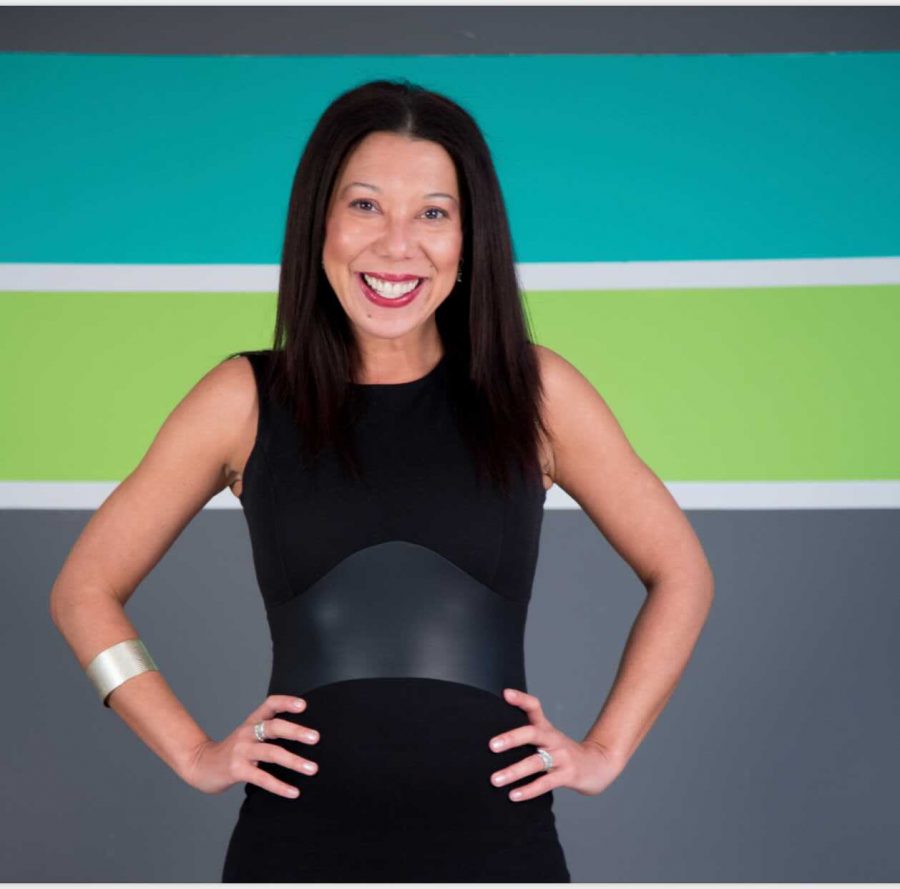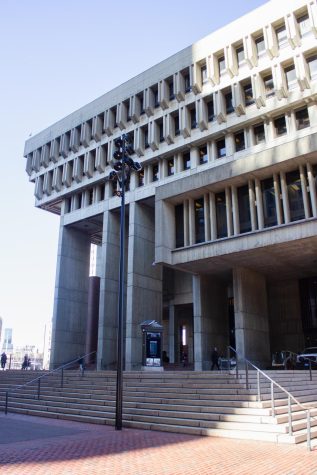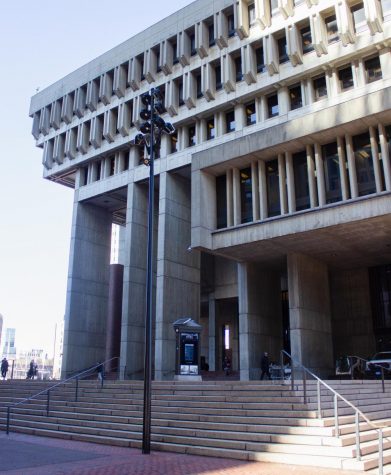Boston battles low voter turnout in mayoral preliminary, Black voters react
“There’s a lot of reasons for people to feel very dismayed by voting and by the electoral process,” said Malia Lazu, founder of MassVote.
October 1, 2021
Boston’s 2021 mayoral preliminary election was one for the books — the most diverse election in the city’s history, all five preliminary candidates were people of color, three of whom were Black and four of whom were women.
The diversity of the election hints at a city striving toward more inclusive leadership. Michelle Wu, the leading candidate, is Boston’s first Asian American mayoral nominee. Yet none of the Black candidates were able to secure a spot in the final election in November. This may be indicative of larger issues that plagues the city, including lack of civic engagement and disillusionment with local politics, Boston residents and voting experts said.
“There’s a lot of reasons for people to feel very dismayed by voting and by the electoral process,” said Malia Lazu, founder of MassVote and lecturer at the MIT Sloan School of Management. “They don’t actually see why it’s worth their time.”
Neither acting Mayor Kim Janey nor City Councilor Andrea Campbell and former Chief of Economic Development for the City of Boston John Barros advanced to the November election, but Afro-Latina Jamaica Plain resident Beyazmin Jimenez sees a silver lining for Black leaders in Boston.
“It seems that it’s been a lost message that we even had three [Black] candidates to begin with,” Jimenez said. “It has been a successful campaign for Black leadership in our city.”
Considering how historically ground-breaking the election was, voter turnout was uncommonly low. According to WBUR News, only one-fourth of all registered voters participated in the Sept. 14 election. That’s 5,000 votes fewer than the previous open primary mayoral election eight years ago, when Boston was home to approximately 40,000 fewer registered voters.
Low voter engagement could have resulted in more difficulty for the Black mayoral candidates.
“It’s entirely conceivable that [the Black candidates] were appealing to the same segments of the electorate,” said Costas Panagopoulos, chair of the political science department and a leading expert on elections and voting behavior. “None of them ended up with enough support to edge out the other contenders.”
Low voter turnout may have forced candidates catering to a similar demographic to split the vote, but the bigger question may be why voters didn’t bother to go to the polls in the first place. Jiminez expressed particular concern, saying it is indicative of a disconnect between local politicians and their community.
“If having five candidates of color didn’t excite residents, then we really have to start asking why,” Jimenez said.
Although the election is proof that Boston is moving away from its seemingly compulsory white, male leadership, the city still falls short in terms of inclusivity. Referencing Boston’s racist past, some believe the city doesn’t deserve a pat on the back for its breakthrough election.
Lazu noted how Boston was the last city in the United States to terminate busing, and even so, it wasn’t terminated until 1988 through a court mandate.
Jimenez noted how Boston has yet to voluntarily elect a Black mayor, even when Southern cities have passed that milestone. Jimenez believes Boston shouldn’t be able to call itself progressive just for taking one step in the right direction.
“Truthfully speaking, I feel like the bar is so low,” Jimenez said. “When we think about the racial wealth gap and we think about the halls of power in our city, there’s no way that we can carry the name of a progressive city.”
Closing the racial wealth gap, improving accessibility of affordable housing and improving the quality of public school education has been on the agenda of Boston’s Black community for decades. Lazu hopes the final mayoral candidates, Wu and Annissa Essaibi-George, will make a genuine effort to address those issues.
I do definitely think that this mayor’s race was a step in the right direction,” Lazu said. “I think we can start showing that there’s more to us than busing and the Kennedys.
— Malia Lazu, MassVote
“Both candidates need to realize there is a long history of agenda setting that has never been centered in policy,” Lazu said. “We’re going to look at receipts. What you have done will tell us a lot about what you’re going to do.”
Jimenez shared a similar sentiment, emphasizing how important it is for the remaining mayoral candidates to listen to the voices coming from disenfranchised communities.
Panagopoulos said he is optimistic that either mayoral candidate will be able to address the needs of marginalized communities, even if they don’t personally belong to them. Acting Mayor Janey, he said, provides descriptive representation to Boston’s Black community, meaning Janey caters to the needs of the Black community by being familiar with the Black experience herself.
However, Panagopoulos said that may not be necessary to successfully address the needs of marginalized groups.
“It’s not necessary to be Black to be able to… [fight] for the needs and priorities of the Black community in Boston,” Panagopoulos said. “Which I would argue Wu or Essabi-George could do, but also would need to do.”
There is hope that this historic election will set the tone for a more equitable and inclusive Boston, helping the city evolve from it’s racist roots. Regardless of who it may be, Boston’s next mayor has a chance to turn Boston into a city that addresses the needs of all of its communities.
“I do definitely think that this mayor’s race was a step in the right direction,” Lazu said. “I think we can start showing that there’s more to us than busing and the Kennedys.”


















